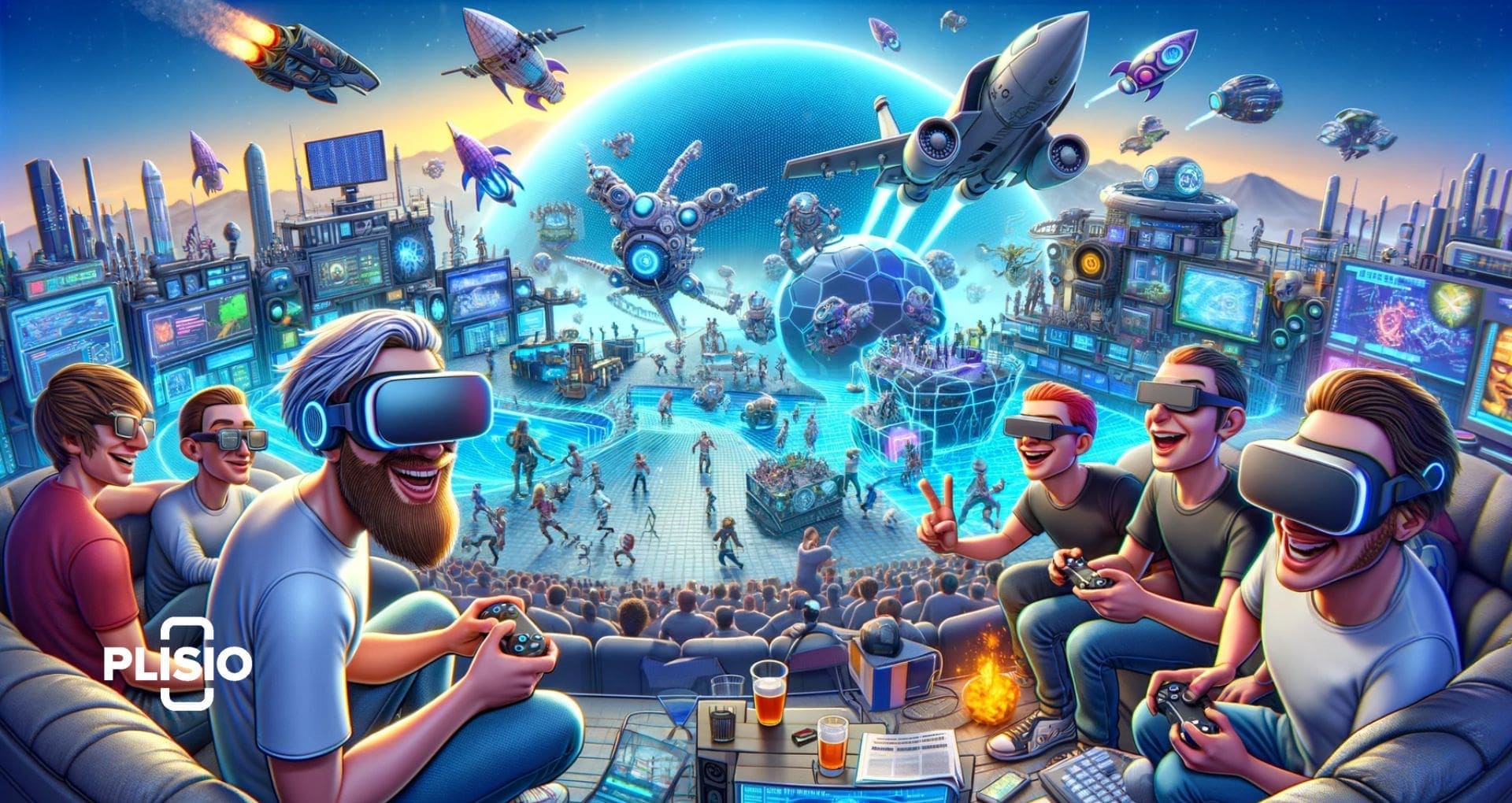
The Future of Web3 Games: The Next Revolution in the Gaming Industry
Web3 games are emerging as one of the most significant technological innovations in the gaming industry, redefining the concept of digital ownership, virtual economies, and player interaction. Built on blockchain technology, these games offer transparency, decentralization, and new economic opportunities through tradable digital assets and Play-to-Earn systems. As we move toward an increasingly digital and interconnected future, Web3 games promise to transform not only entertainment but also how virtual economies operate.
The main feature of Web3 games is the use of blockchain to record and authenticate the ownership of digital items such as weapons, skins, virtual lands, and characters. These assets are represented by non-fungible tokens (NFTs), enabling players to truly own the items they acquire in the game, with the ability to sell, trade, or even use them in other compatible games. This creates an open and interoperable economy, where players become active participants in the game’s economic ecosystem.
In addition to digital ownership, the Play-to-Earn model has been a major attraction. Games like Axie Infinity and The Sandbox have demonstrated how players can be financially rewarded for their time and effort. However, this model has also faced criticism due to economic instability and excessive speculation. The future of Web3 games must focus on economic sustainability, balancing gameplay enjoyment with financial rewards, without relying solely on new players to sustain the system.
Companies such as Epic Games and Microsoft are already exploring the potential of Web3, investing in blockchain technologies and immersive experiences. The integration of Web3 games with the metaverse is another trend that promises to revolutionize the sector, enabling players to move between virtual worlds and create new forms of social and economic interaction. Augmented Reality (AR) and Virtual Reality (VR) technologies are also being incorporated, making these experiences even more immersive.
Despite their great potential, Web3 games still face significant challenges, such as scalability, fraud prevention, and accessibility. Blockchains need to handle large volumes of transactions without compromising speed or increasing costs. Additionally, regulatory issues and fraud prevention will continue to be critical points to ensure a secure and reliable environment.
The future of Web3 games will depend on developers’ ability to balance technology, economy, and entertainment. Innovative games that prioritize user experience and adopt sustainable economic models will have better chances of standing out. With support from major companies and the continuous evolution of blockchain technologies, Web3 games are positioned to lead the next phase of the gaming industry, offering new forms of entertainment and economic opportunities in the digital world.
